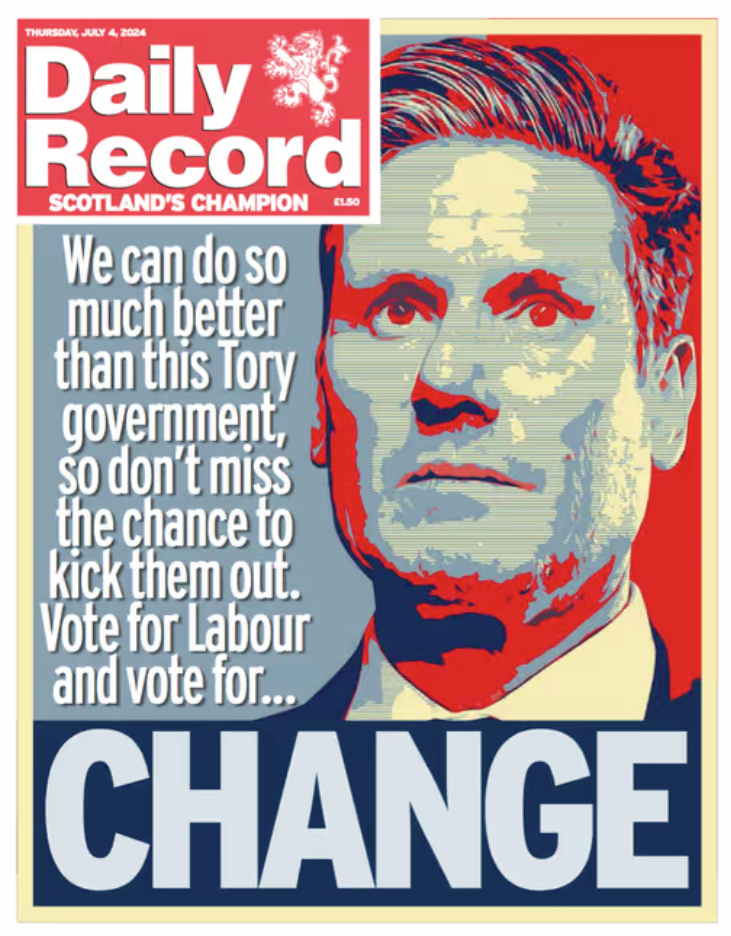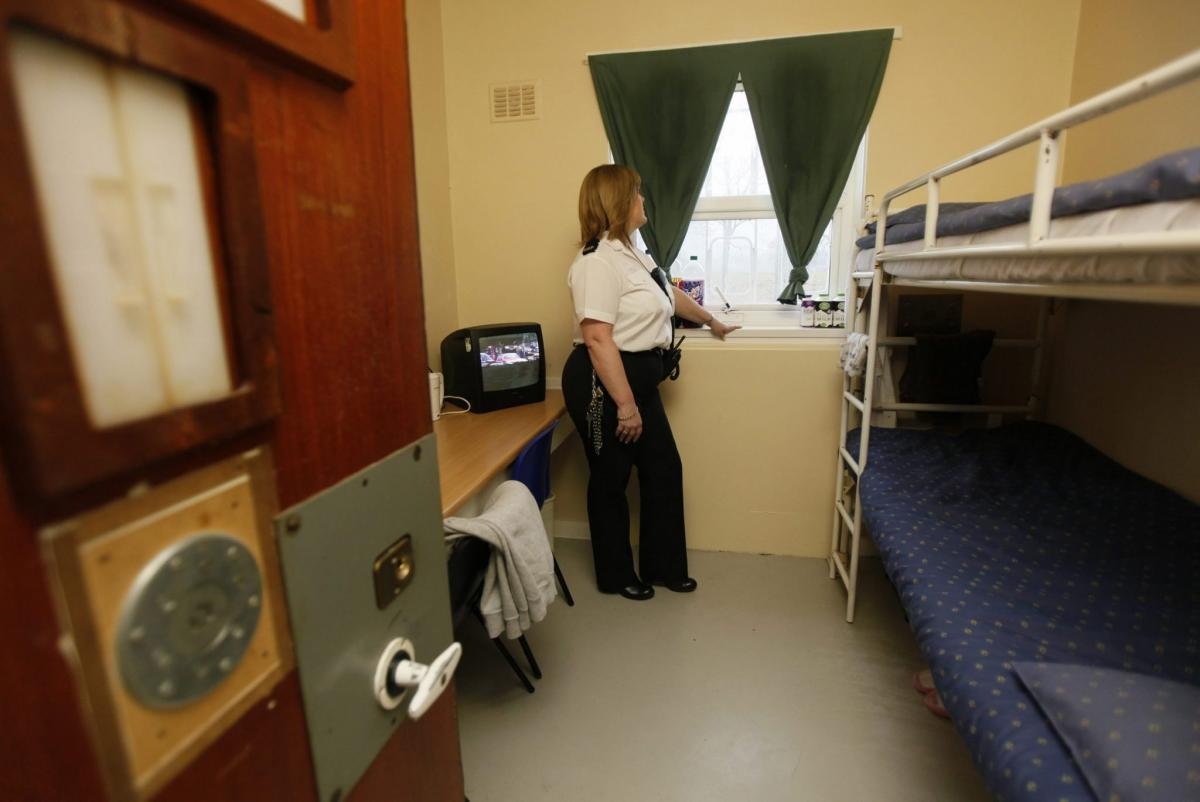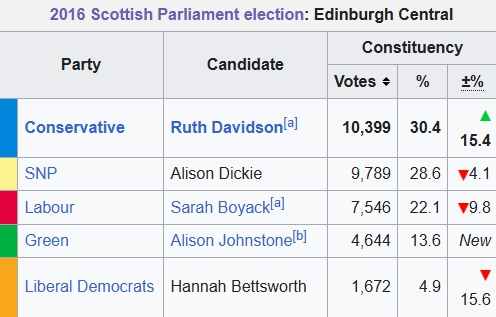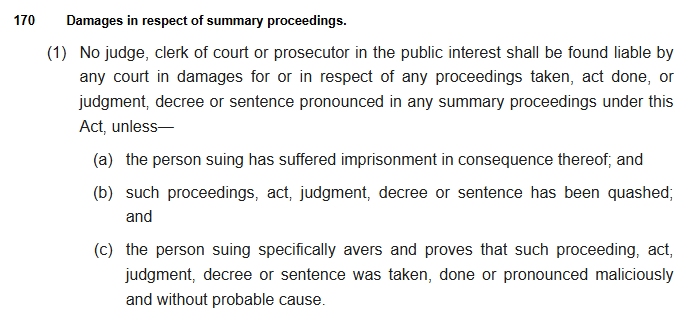Public boards should not be a career
by Robin McAlpine | 1 Apr 2022 As Scotland looks on in despair at the ferry debacle Robin highlights part of the problem. The revelation that there are people in Scotland making an entire living out of sitting on multiple public boards shows there is something wrong with the system First published by Common Weal “So tell me, whatContinue reading "Public boards should not be a career "
by Robin McAlpine | 1 Apr 2022
As Scotland looks on in despair at the ferry debacle Robin highlights part of the problem.
The revelation that there are people in Scotland making an entire living out of sitting on multiple public boards shows there is something wrong with the system
First published by Common Weal
“So tell me, what is it you’d like to be when you grow up?”
“I’d really like to be a non-executive director with a number of lucrative board position on a rotating list of Scottish public bodies. Or an astronaut.”
Well hold out for a comfortable life raking in public money for helping to steer Scottish public bodies because it pays better, you face zero risk and there are a lot more opportunities. The only downside is you need to know the right people to get a start in that business.
The kind of people you want to know are very senior civil servants who generally prepare the shortlists for board members of these bodies. So people like Sir Muir Russell (former Permanent Secretary), Sir Peter Houseden (former Permanent Secretary) or Philip Ryecroft (former Director General for Education in Scotland).
But once you’re ‘on the circuit’ you’re good to go. Information released by Scottish Labour this week showed that there are nearly 100 people who sit on multiple boards of Scottish public bodies at the same time. This 100 people share out £2 million between them.
In fact there appear to be 34 people who are truly living the dream, sitting on enough Boards that the income from this alone becomes their only income (and it is a generous income). You really can be a professional board member in Scotland.
This is almost an open scam. Look at Strathclyde University’s Centre for Board and Director Development. You can buy yourself into a course which gives you a qualification to improve your chances of a career lingering around boards making money. In fact there are a full 774 positions on public boards in Scotland, most of them paid.
And a just shy of one in three of these places has been created by the current Scottish Government since it came to power. Board places go to reliable people who do as they’re told, powerful people with good connections and to councillors or others who are ‘due a bit back’.
Because once you are in the system, everyone looks after each other. Board membership doesn’t only pay but gives serious access to influence and power, so lots of senior business figures get places to shape public policy. It may be a coincidence that the people who arrange these shortlists then go on to get their own Board places in the private sector after retiral – you can decide for yourself.
Sir Muir Russell is now (among many other things) a Non-Executive Director of the National House-Building Council, Philip Rycroft is Chairman of the Portman Group and Sir Peter Houseden is Chairman of the exclusive Civil Service Club.
Board places go to reliable people who do as they’re told, powerful people with good connections and to councillors or others who are ‘due a bit back’
No-one is saying that these people don’t have skills to offer after their retirement, but they appoint people to public boards granting them power and then later they themselves get appointed to boards by the kind of people they appointed, but this time for a lucrative pay-out. The whole system has a built-in oligarchy.
Oh, and would it surprise you to know that the civil service itself has a Board of Non-Executive Directors who are drawn from the same pool of people? A surprisingly large proportion of what we consider ‘public’ in Scotland isn’t really run by public servants and isn’t really guided by democratically-elected politicians. They have ultimate power but basically grant it to the non-execs.
When this is paired with the very-much less-than-sparkling recent track record of the Scottish civil service or its public agencies it is hard not to see why there is so much cynicism. An elite group do well out of a system which is failing too many of the people it is there to serve.
And once you have ‘non-exec director’ on your LinkedIn profile and perhaps a qualification in non-execery from Strathclyde, you could well be set for life. Almost no-one is ever held to account for any failures that occur under the stewardship of the non-execs. Look at the way public agencies protect government when things go wrong and the way government protects the agencies the rest of the time.
It isn’t that these people are necessarily grifters and chancers – many will genuinely want to give something back if they themselves have been successful. Nor is the model of non-executive governance something we should dismiss, since self-governance by managers can be even worse. But it really does reek of self-serving clientelism.
It doesn’t need to be like this. Scotland doesn’t need to be run by a closed shop of establishment figures appointing each other to positions of power forever like some kind of neo-aristocracy. For the sake of a simple analogy let’s think about governance as if it was a ‘market’.
In market theory, markets always work well because they inherently reward good things and punish bad things. This isn’t even nearly true because big business does everything to distort markets (monopolies, advertising, supply chain control) so they don’t work in this way. But at heart it is true that the power of a lot of people making small decisions has the potential to make better decisions than a small group of people alone.
So let’s take a ‘market’ approach to public governance. To extend the metaphor, once you identify a ‘provider’ of a public service, try and work out who the ‘customers’ are. Then let the ‘customers’ define the nature of the governance. And let them ‘correct’ the governance where they’re not happy.
What's Your Reaction?











































